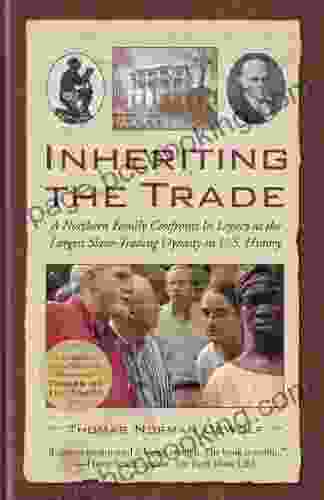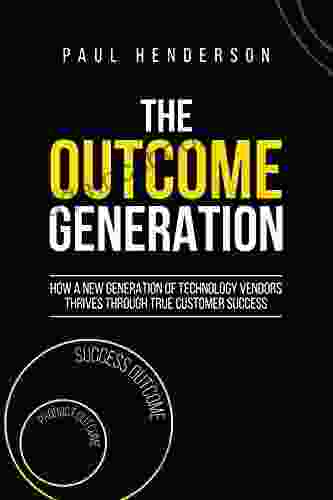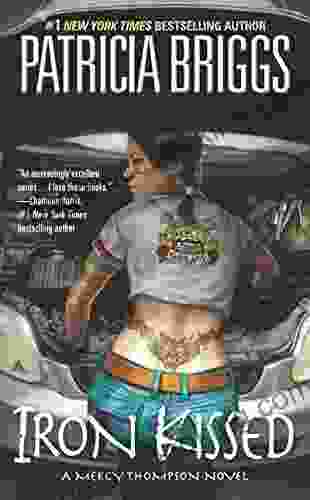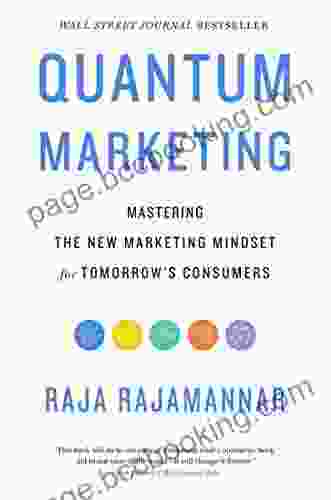Northern Family Confronts Its Legacy As The Largest Slave Trading Dynasty In US History

In the annals of American history, the Brown family occupies a singularly somber chapter. For generations, they presided over a vast and lucrative slave trading empire, amassing unimaginable wealth and influence while leaving an enduring scar on the nation's soul.
4.3 out of 5
| Language | : | English |
| File size | : | 3129 KB |
| Text-to-Speech | : | Enabled |
| Screen Reader | : | Supported |
| Enhanced typesetting | : | Enabled |
| Word Wise | : | Enabled |
| Print length | : | 280 pages |
Their story is a complex and disturbing one, marked by greed, deception, and the brutal exploitation of human beings. It is a story that has been largely overlooked and whitewashed from mainstream narratives, but it is a story that must be told and reckoned with if we are to truly understand the legacy of slavery in America.
The Rise of the Brown Dynasty
The Browns hailed from Rhode Island, a state that played a significant role in the transatlantic slave trade. In the early 18th century, Moses Brown, a Quaker merchant, established a thriving slave trading business. His sons, John and Joseph, expanded the enterprise, amassing a fortune that would make them one of the wealthiest families in the country.
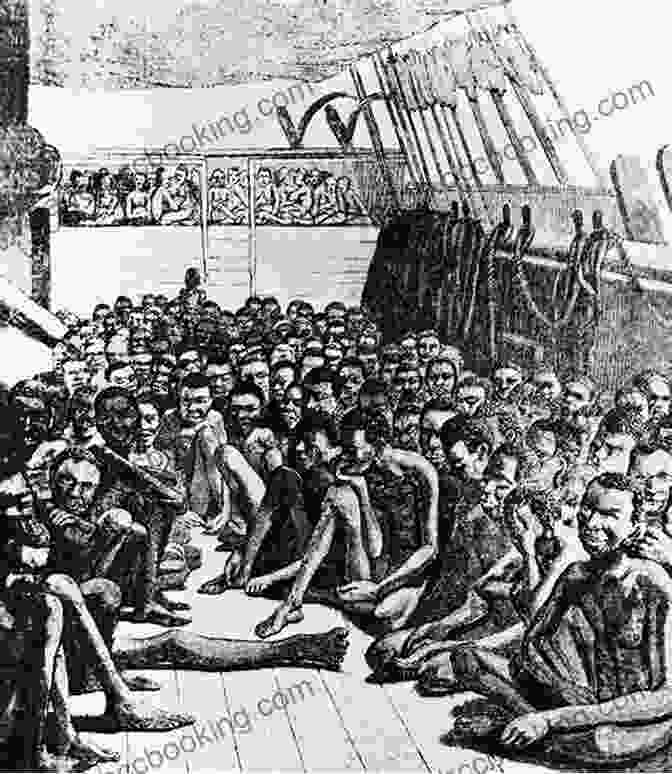
The Browns were ruthless and efficient in their operation. They owned and operated a fleet of slave ships that carried thousands of Africans across the Atlantic to be sold in the Americas. They established trading posts and plantations throughout the Caribbean and the American South, where they exploited enslaved people for their labor.
Their wealth and influence extended beyond the slave trade. They were major players in the textile industry, banking, and shipbuilding. They also had close ties to the political establishment, including the founding fathers of the United States.
The Moral Bankruptcy of Slavery
The Browns' immense wealth and power came at a great moral cost. Slavery was a repugnant institution that dehumanized millions of people and tore families apart. The Browns were directly responsible for the suffering and misery of countless enslaved Africans.
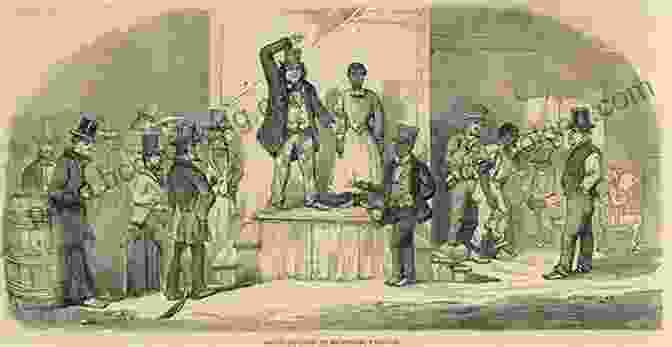
Their actions not only violated basic human rights but also undermined the very principles upon which the United States was founded. The Declaration of Independence proclaimed that all men are created equal, but the Browns' slave trading enterprise contradicted this fundamental belief.
The Browns defended their actions on the grounds that slavery was legal at the time. However, this is a weak and self-serving excuse. The institution of slavery was morally bankrupt from its inception, and the Browns were well aware of its horrors.
A Legacy of Shame
The Brown family's legacy is a shameful one. Their wealth and prominence were built on the backs of enslaved people, and their actions contributed to the systemic racism and inequality that persists in American society today.
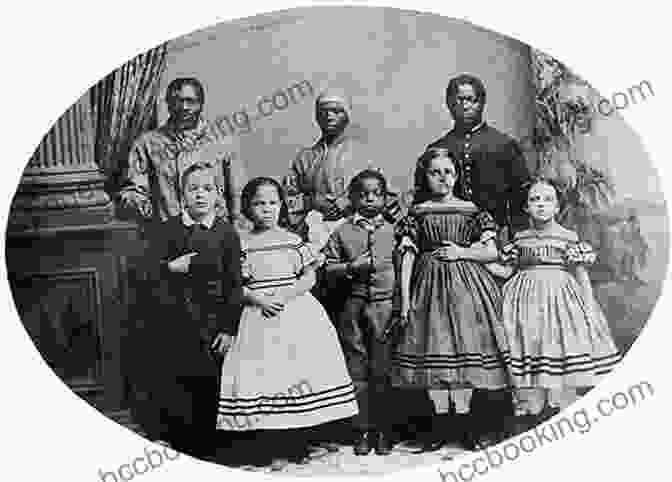
In recent years, there has been a growing movement to confront the Brown family's history and its impact on the nation. Descendants of the Browns have come forward to apologize for their ancestors' actions, and museums and historical societies are working to shed light on this dark chapter in American history.
The Brown family's legacy is a reminder that we must never forget the horrors of slavery and its lasting consequences. It is a reminder that we must work to create a more just and equitable society, where all people are treated with dignity and respect.
Call to Action
We urge you to learn more about the Brown family's history and its impact on the United States. Visit museums, read books, and attend lectures. Talk to your friends and family about the importance of confronting our past and working towards a more just future.
Together, we can create a more inclusive and equitable society, where the legacy of slavery is no longer a source of shame but a reminder of the resilience and strength of the human spirit.
4.3 out of 5
| Language | : | English |
| File size | : | 3129 KB |
| Text-to-Speech | : | Enabled |
| Screen Reader | : | Supported |
| Enhanced typesetting | : | Enabled |
| Word Wise | : | Enabled |
| Print length | : | 280 pages |
Do you want to contribute by writing guest posts on this blog?
Please contact us and send us a resume of previous articles that you have written.
 Book
Book Novel
Novel Page
Page Chapter
Chapter Text
Text Story
Story Genre
Genre Reader
Reader Library
Library Paperback
Paperback E-book
E-book Magazine
Magazine Newspaper
Newspaper Paragraph
Paragraph Sentence
Sentence Bookmark
Bookmark Shelf
Shelf Glossary
Glossary Bibliography
Bibliography Foreword
Foreword Preface
Preface Synopsis
Synopsis Annotation
Annotation Footnote
Footnote Manuscript
Manuscript Scroll
Scroll Codex
Codex Tome
Tome Bestseller
Bestseller Classics
Classics Library card
Library card Narrative
Narrative Biography
Biography Autobiography
Autobiography Memoir
Memoir Reference
Reference Encyclopedia
Encyclopedia Stephen Cole
Stephen Cole Pat Cohen
Pat Cohen Phil Wall
Phil Wall Olivia Williams
Olivia Williams Paula Giddings
Paula Giddings Peter Davison
Peter Davison Phil Gaimon
Phil Gaimon Phil Town
Phil Town Spencer Sekyer
Spencer Sekyer Proprietary Edition Kindle Edition
Proprietary Edition Kindle Edition Twaambo Kapilikisha
Twaambo Kapilikisha Olivia Dade
Olivia Dade Oyinkan Akande
Oyinkan Akande Porsha Williams
Porsha Williams Peterson S
Peterson S Ron Stodghill
Ron Stodghill Odd Dot
Odd Dot Niloufar Talebi
Niloufar Talebi Shinnosuke Kometani
Shinnosuke Kometani Patrick Wilson
Patrick Wilson
Light bulbAdvertise smarter! Our strategic ad space ensures maximum exposure. Reserve your spot today!

 Andy HayesHeisenberg's Uncertainty Principle: Modern Plays that Explore the Boundaries...
Andy HayesHeisenberg's Uncertainty Principle: Modern Plays that Explore the Boundaries... Eugene PowellFollow ·17.6k
Eugene PowellFollow ·17.6k Matthew WardFollow ·8k
Matthew WardFollow ·8k Winston HayesFollow ·4k
Winston HayesFollow ·4k Dan BellFollow ·5.8k
Dan BellFollow ·5.8k Arthur Conan DoyleFollow ·4k
Arthur Conan DoyleFollow ·4k Hunter MitchellFollow ·8k
Hunter MitchellFollow ·8k Mason PowellFollow ·6.5k
Mason PowellFollow ·6.5k H.G. WellsFollow ·13.1k
H.G. WellsFollow ·13.1k
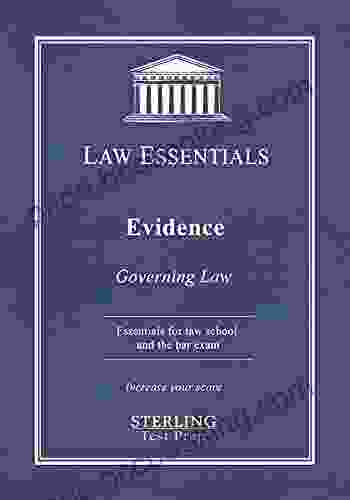
 Marvin Hayes
Marvin HayesGoverning Law for Law School and Bar Exam Prep: Your...
Unlock the Secrets of...
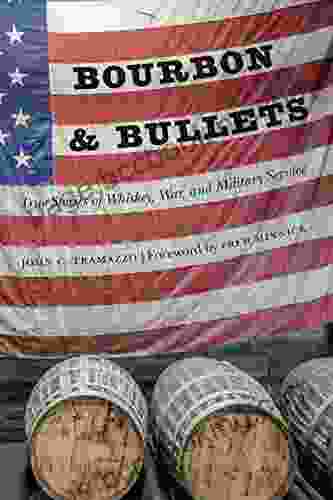
 Sidney Cox
Sidney CoxUnveiling the Epic Tales of Whiskey, War, and Military...
In the tapestry of history,...
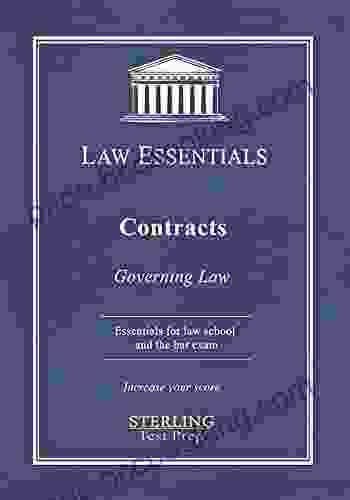
 Victor Turner
Victor TurnerGoverning Law for Law School and Bar Exam Prep: The...
What is Governing...

 Robert Browning
Robert BrowningSterling Test Prep MCAT General Chemistry Practice...
: Embark on Your MCAT General Chemistry...
4.3 out of 5
| Language | : | English |
| File size | : | 3129 KB |
| Text-to-Speech | : | Enabled |
| Screen Reader | : | Supported |
| Enhanced typesetting | : | Enabled |
| Word Wise | : | Enabled |
| Print length | : | 280 pages |


